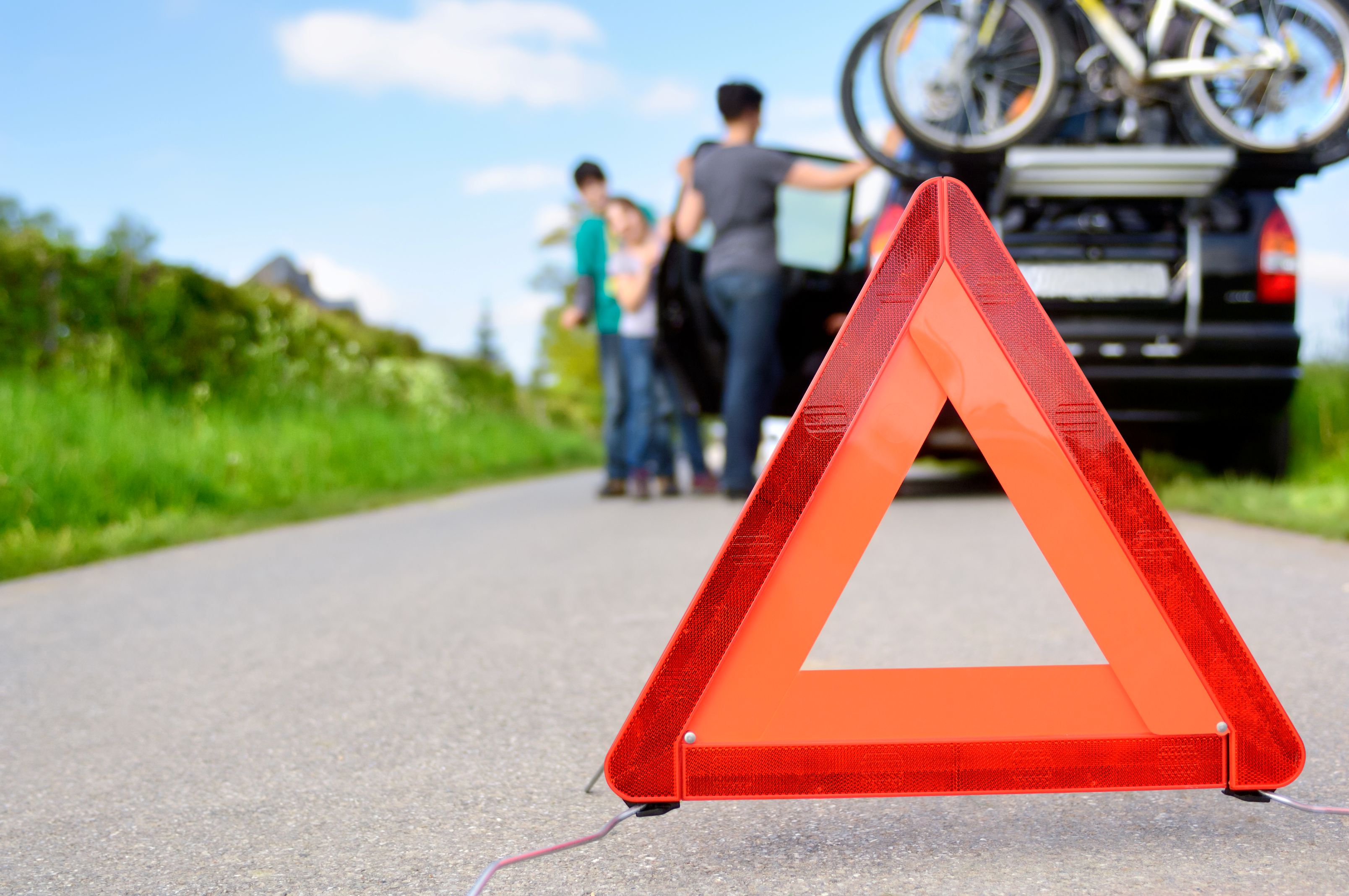
Your Guide to Why Car Inspections Matter for Safety and Performance
Regular car inspections are essential for preventing accidents, maintaining vehicle efficiency, and avoiding costly repairs.
When it comes to vehicle safety, routine car inspections are one of the most important practices every vehicle owner should prioritize. Think of a car inspection as a vital health check-up for your vehicle, allowing you to identify potential issues before they turn into major problems.
At Brian Omps Towing & Vehicle Repair, we understand that car inspections often don’t get the attention they deserve, but they are crucial for your safety, the safety of your passengers, and the well-being of other drivers on the road.
The Importance of Regular Car Inspections
Just like you wouldn’t ignore a regular doctor’s appointment, you shouldn’t overlook the importance of having your vehicle inspected. Regular inspections can catch problems early on, ensuring that your car runs smoothly and efficiently. Here are several reasons why car inspections are essential:
Car Safety First
The primary goal of a car inspection is to enhance safety. Many accidents occur due to preventable mechanical failures. During an inspection, a qualified technician will check crucial systems such as brakes, tires, steering, and suspension. By addressing issues like worn brake pads or bald tires before they become critical, you reduce the risk of an accident, keeping you and your loved ones safe.
Financial Savings
It might seem counterintuitive, but spending a little on regular inspections can save you a lot in the long run. Vehicles, like any complex machine, can develop problems that worsen over time. A small repair identified during a routine inspection could cost a fraction of what you’d pay if the issue escalates into a major failure. For instance, replacing a minor coolant leak might save you from an expensive engine overhaul down the line. Stay proactive, and your wallet will thank you later.
Maintaining Vehicle Value
If you plan to sell or trade in your vehicle down the line, regular inspections can help maintain its value. A well-maintained vehicle with a complete inspection history is much more appealing to potential buyers. Buyers typically look for vehicles that have been regularly serviced and inspected, as this gives them peace of mind regarding their future purchase. Keeping up with inspections shows that you take pride in your vehicle’s care.
Environmental Impact
Older vehicles or those that lack regular maintenance can emit harmful pollutants that contribute to air quality issues. Poorly maintained engines waste fuel and release excess emissions into the environment. Regular car inspections help ensure that your vehicle is running as cleanly and efficiently as possible, which benefits both the planet and public health. Doing your part by keeping your vehicle in good condition can contribute to a healthier environment.
Legal Compliance and Car Insurance Benefits
In many states, routine car inspections are a legal requirement. Failure to comply with these regulations can lead to fines, penalties, or even legal issues. Additionally, many insurance companies may offer discounts or benefits for vehicles that are regularly inspected and maintained. Having documented inspections can be advantageous when filing a claim or renewing your policy. Keeping your vehicle in check means staying on the right side of the law and possibly reducing your insurance costs.
What Happens During a Car Inspection?
Now that you understand the importance of car inspections, you may be wondering what exactly happens during one of these evaluations. While the specifics can vary depending on the service center, a typical inspection covers several key areas:
Brake System Check
The brake system is arguably the most critical component of your vehicle’s safety. Inspectors will assess both the front and rear brake pads for wear and tear, check the brake fluid level, and examine the brake lines for leaks or damage. Ensuring your brakes are in optimal condition can prevent dangerous situations on the road.
Tire Assessment
Tires are your vehicle’s only contact with the road, making their condition paramount. An inspection involves checking tire tread depth, air pressure, and overall tire condition. Inspectors will also look for signs of uneven wear, which can indicate alignment issues. Properly maintained tires not only improve safety but also enhance fuel efficiency.
Suspension and Steering Examination
The suspension system plays a vital role in vehicle handling and ride comfort. During an inspection, technicians will evaluate shocks, struts, and other suspension components. Additionally, they will inspect the steering system for any signs of wear that could hinder your ability to control the vehicle effectively.
Fluid Levels
Fluids keep your vehicle running smoothly. During an inspection, the technician will check vital fluids, including oil, coolant, transmission fluid, and brake fluid. Proper fluid levels are essential to prevent overheating, excessive wear, and potential mechanical failure.
Lights and Signals
Functioning lights and signals are crucial for vehicle safety. An inspection will cover all exterior lights, including headlights, brake lights, and turn signals. Ensuring that these components are operational helps you communicate with other drivers, reducing the risk of accidents.
Exhaust System Review
The exhaust system plays a significant role in reducing harmful emissions. An inspection will look for leaks, rust, or damage that could impair its function. A well-maintained exhaust system can prevent harmful gasses from entering the cabin and improve environmental performance.
How Often Should You Schedule an Inspection?
The frequency of car inspections can depend on various factors, including state regulations, vehicle age, and your driving habits. Generally, it’s recommended to have your vehicle inspected at least once a year. However, if you notice any unusual sounds, smells, or handling issues, it’s a good idea to schedule an inspection sooner. Following the recommended maintenance schedule outlined in your vehicle’s owner’s manual can keep you on track.
Signs Your Vehicle May Need an Inspection
Sometimes, your vehicle will give you signs that it needs an inspection before the next scheduled one. Here are some common indicators:
- Warning Lights: Modern vehicles have dashboards equipped with a variety of warning lights. If you see any warning lights illuminate, such as the check engine light, it’s time to seek professional help.
- Unusual Noises: Strange noises, such as grinding, squealing, or knocking, can indicate mechanical issues that need addressing.
- Vibrations or Pulling: If your vehicle vibrates while driving or pulls to one side, it may indicate alignment issues or problems with the tires or suspension.
- Fluid Leaks: Puddles of fluid under your vehicle could suggest a leak in the engine, transmission, or brake system. Don’t ignore these signs; they can escalate quickly if left unchecked.
- Poor Performance: If you notice a decrease in power, acceleration, or fuel efficiency, it may indicate an underlying issue that requires inspection.
Final Thought: Ensure You Schedule Regular Car Inspections!
Routine car inspections are an essential aspect of vehicle safety that should never be neglected. They protect you and your passengers, save you money in the long run, maintain your vehicle’s value, and benefit the environment. Understanding what takes place during an inspection helps you appreciate its significance and encourages you to keep up with this vital maintenance task.
So the next time you hear the words “car inspection”, remember that it’s not just an appointment on your calendar– it’s a critical step towards ensuring a safe and reliable driving experience. At Brian Omps Towing & Vehicle Repair, we are committed to helping you maintain your vehicle and keep it in top condition. Don’t wait for a warning light to prompt action; schedule your inspection today and drive with confidence!
Sources used:
What Is a Car Safety Inspection? | Capital One Auto Navigator
What Is Checked During a Vehicle Safety Inspection? – Nationwide
What is Checked During a Car Inspection? | Chase
Vehicle inspection in the United States - Wikipedia

.png)



